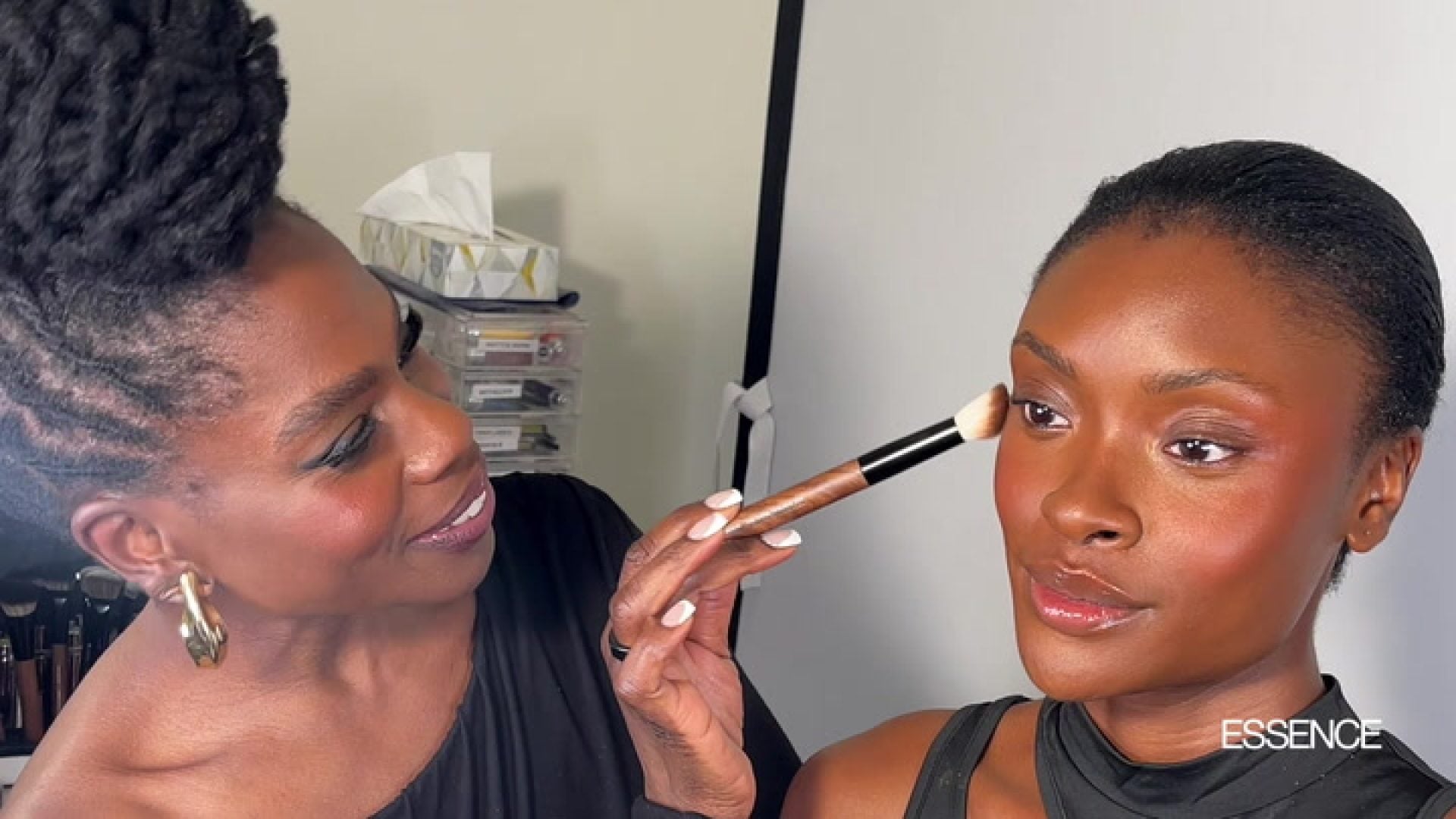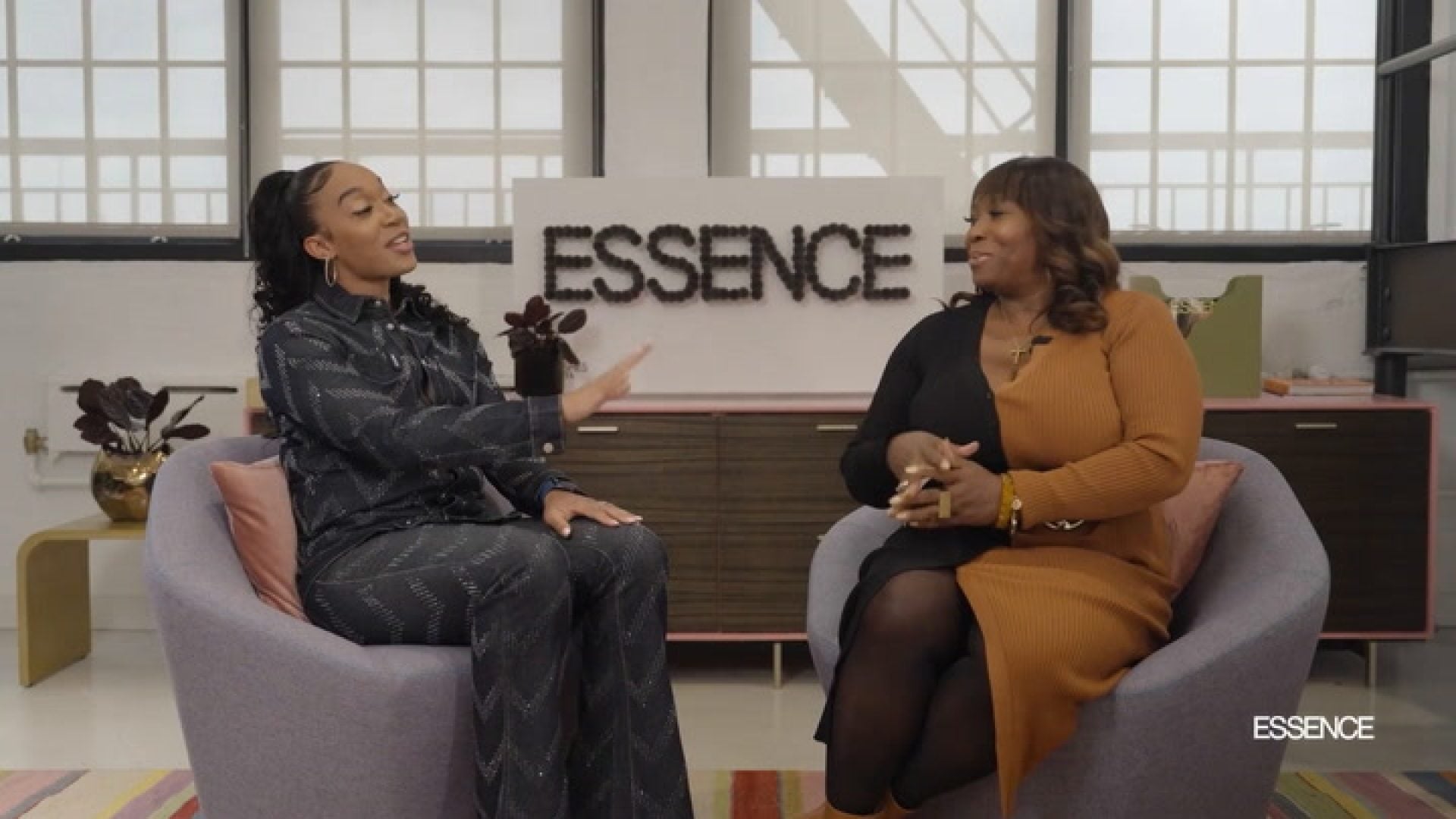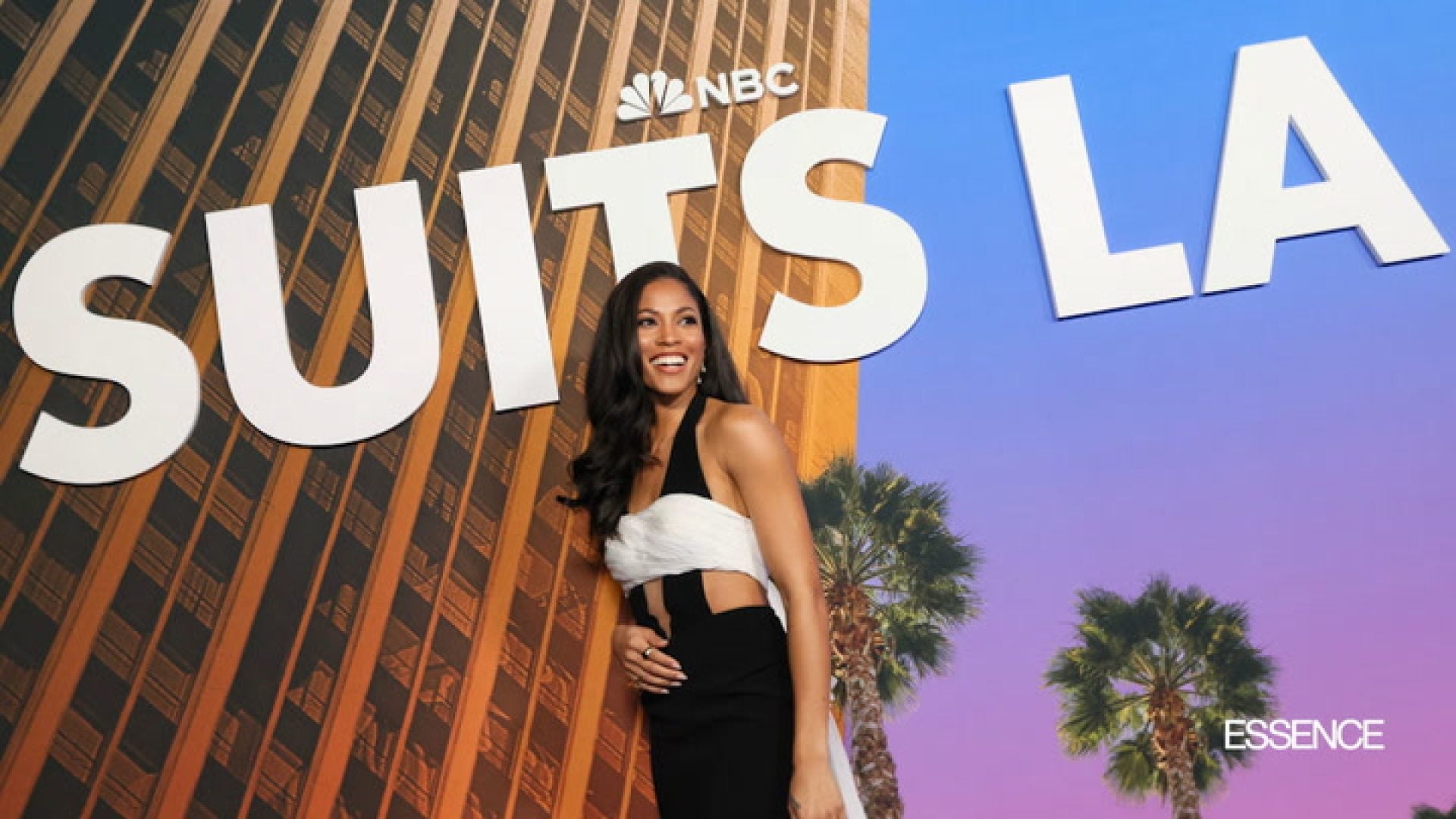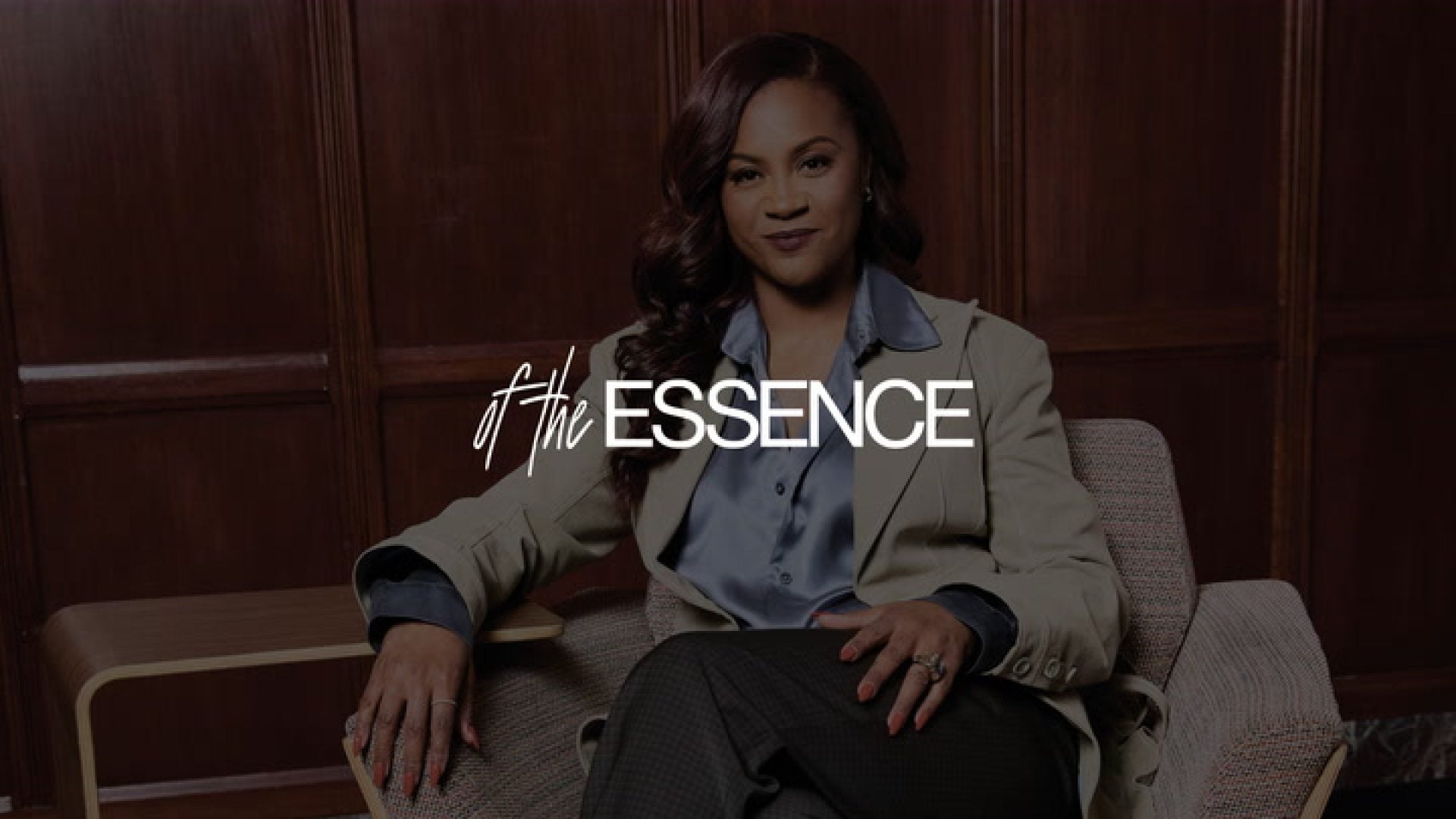Two Black students, who are also twin sisters, at Mystic Valley Regional Charter School right outside of Boston have been punished for wearing braids to school. Deanna and Mya Cook, who are 15, have served multiple detentions since last week, which could result in suspension.
Deanna, who is also a track athlete, was also banned from competing in a meet when the school’s athletic director removed her from the team’s bus. If you’re just as outraged as us at this troubling story, let’s further discuss.
To defend the punishment of Deanna and Mya, Mystic Valley Regional Charter School issued the following statement:
“One important reason for our students’ success is that we purposefully promote equity by focusing on what unites our students and reducing visible gaps between those of different means. Our policies, including those governing student appearance and attire, foster a culture that emphasizes education rather than style, fashion, or materialism. Our policy on hair extensions, which tend to be very expensive, is consistent with, and a part of, the educational environment that we believe is so important to our students’ success.”
There are so many things wrong with this statement but let’s break it down. First, students should be allowed to express their individuality through their appearance and attire. If a school requires students to wear uniforms, that’s one thing.
To require a student to style his or her hair the way the school deems is appropriate is actually inappropriate particularly if a student is styling his or her hair to embrace their culture. Black women have been wearing braids for hundreds of years as both a symbol of pride and as a protective style. Asking a Black female student to remove her braids is akin to asking a Muslim female student to remove her hijab. You just wouldn’t do it.
Second, Deanna and Mya’s mother Colleen Cook told The Boston Globe that her daughters had previously worn braids to school without any objections. Another mother Annette Namuddu also spoke to The Boston Globe and explained that her 15-year-old daughter Lauren Kayondo was asked to remove her braids and when she refused, her detention was elevated to a suspension.
Namuddu said, “It’s discrimination. I see white kids with colored hair and you are not supposed to color your hair, and they walk around like it’s nothing.” This obviously brings about another huge issue. If a school does decide to implement a strict policy regarding appearance and attire, the policy must apply to all students, not select ones.
Lastly, Black students have been victims of discrimination at numerous schools across the country for “unacceptable hairstyles.” Last summer, Butler High School in Louisville banned practically every natural hairstyle, including braids and dreadlocks, worn by Black students, and Pretoria Girls High in South Africa issued changes to the “General Appearance” section of its Code of Conduct that restricted the size of cornrows, dreadlocks and braids, banned beads and decorations and more. Additionally just earlier this year, the U.S. Army just lifted its ban of dreadlocks for military women.
Considering the outrageous hair bans we’ve seen in the past, we weren’t completely surprised by this story. However we were absolutely disappointed. Criticizing Black women, especially young girls, about their hair or “banning” hairstyles that are unique to Black culture basically equates Black hair as being “bad” or “not right.” And as we all know and as we aim to teach our Black children, we are enough. And our hair is enough as well.








